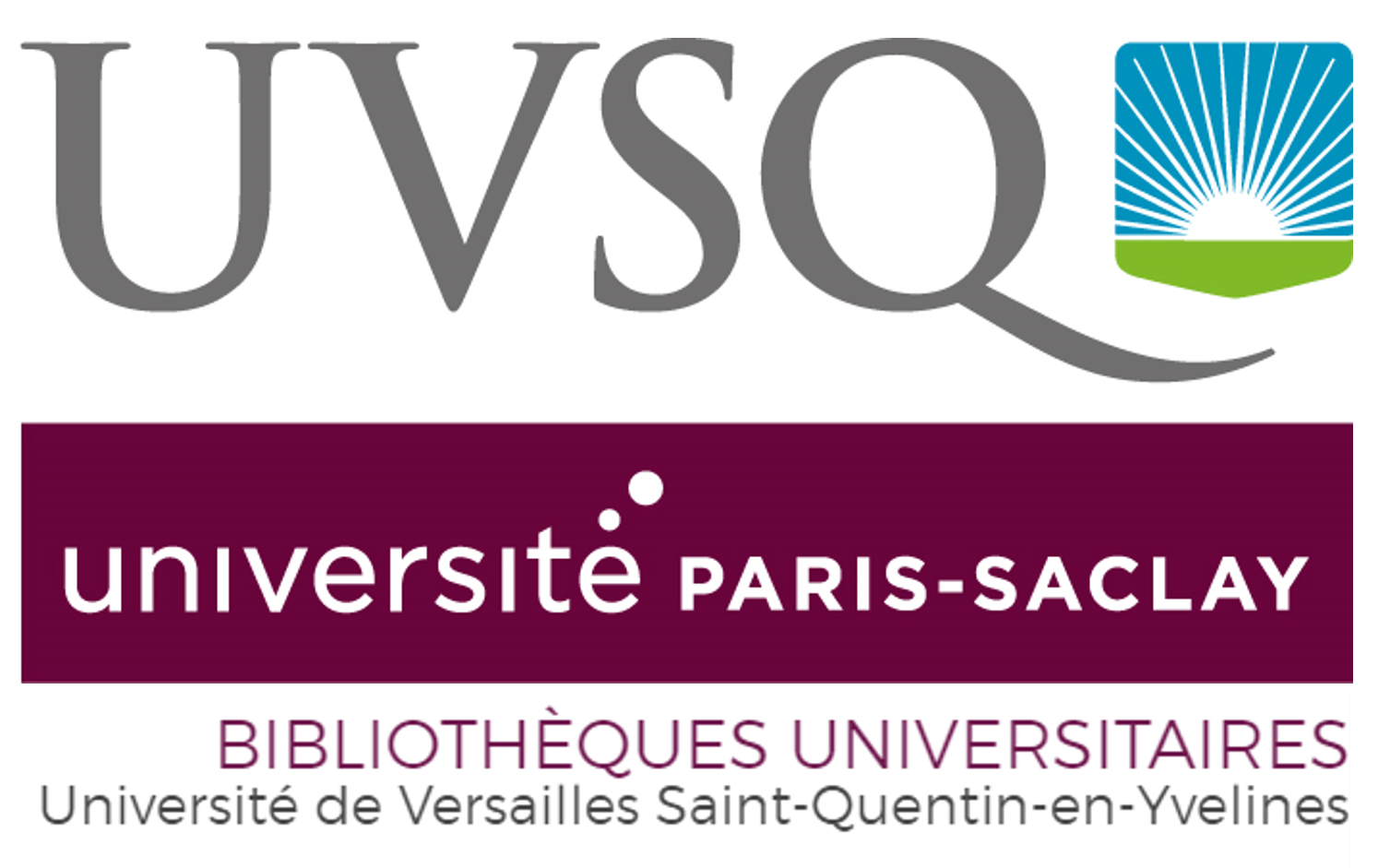The control of international organisations by organs opened to third private parties
Les organes de contrôle des organisations internationales ouverts aux personnes privées tierces
Résumé
The opening up of the control of international organizations to third private parties is part of the growing complexity of the international public sphere. This is marked by a renewed demand for legitimacy on the part of international organizations, which are faced with the need to be accountable both to their member states and to the individuals or populations concerned by the performance of their functions. This has led to the emergence of a new relationship of responsibility in the international legal order between organizations and third private parties, formalized through the creation of accountability mechanisms.The formalization of this new relationship of responsibility has led to an increase in the complexity of international institutional sphere. Through the independence and impartiality of their accountability mechanisms, international organizations are asserting their autonomy in their relations with the internal legal subjects of States, i.e. third private parties. But the accountability mechanisms also express the strengthening of member states' control over international organizations through the executive bodies on which they are represented, to whom the accountability mechanisms address their determinations.This ambiguity as to the purpose of the opening up of control of international organizations to third private parties is reflected in the responsibility regimes implemented, in particular in the secondary norms of the internal responsibility of organizations. As for the primary norms governing the performance of the organizations' functions, as implemented by the accountability mechanisms, they do not really clarify the question of the origins of the obligations the organizations have as subjects of international law.But it is above all at the reparation stage that this ambiguity becomes most apparent. The practice of accountability mechanisms shows that opening up of the control of international organizations to third private parties is ultimately more concerned with reparation of the subject of the responsibility - the international organization itself - than with reparation of the object of the responsibility - the damage suffered by the claimants.
L'ouverture du contrôle des organisations internationales aux personnes privées tierces s'inscrit dans une complexification de l'espace public international. Celle ci est marquée par un renouvellement de l'exigence de légitimité des organisations internationales, qui se voient confrontées à la nécessité de se montrer responsables, tant vis à vis de leurs États membres que vis à vis des individus et populations concernées par l'accomplissement de leurs fonctions. Il en découle l'émergence d'un nouveau rapport de responsabilité pertinent dans l'ordre juridique international entre organisations et personnes privées tierces, formalisé à travers la création des organes de contrôle.La formalisation de ce nouveau rapport de responsabilité entraîne une complexification de l'espace institutionnel international. Avec l'indépendance et l'impartialité des organes de contrôle, les organisations internationales affirment leur autonomie dans le cadre de leurs relations avec les sujets de droit internes des États que sont les personnes privées tierces. Mais les organes de contrôle expriment également le renforcement du contrôle des États membres sur les organisations internationales à travers les organes exécutifs où ils sont représentés, auxquels les organes de contrôle adressent leurs déterminations.Cette ambiguïté de la finalité de l'ouverture du contrôle des organisations aux personnes privées tierces se retrouve dans le régime de responsabilité mis en œuvre, en particulier dans les normes secondaires de mise en œuvre de la responsabilité interne des organisations. Quant aux normes primaires encadrant l'accomplissement de la fonction des organisations mises en œuvre par les organes de contrôle, elle ne clarifient pas réellement la question de l'origine des obligations pèsent sur les organisations en tant que sujets de droit international.Mais c'est surtout au stade de la réparation que cette ambiguïté est rendue la plus apparente. La pratique des organes de contrôle montrant que l'ouverture du contrôle aux personnes privées tierces est au final plus tournée vers la réparation du sujet du contrôle - l'organisation internationale elle même - que vers la réparation de l'objet du contrôle - le dommage subi par les requérants.
| Origine | Version validée par le jury (STAR) |
|---|

